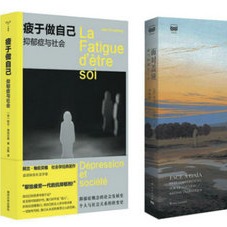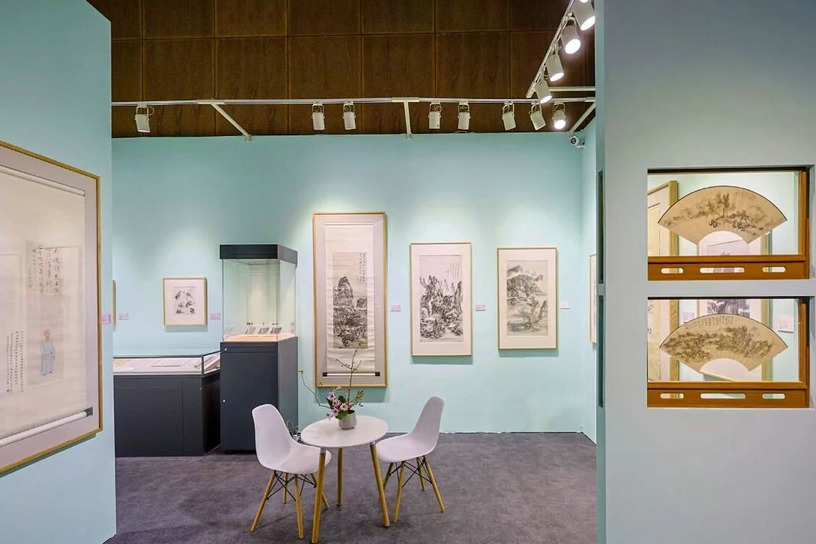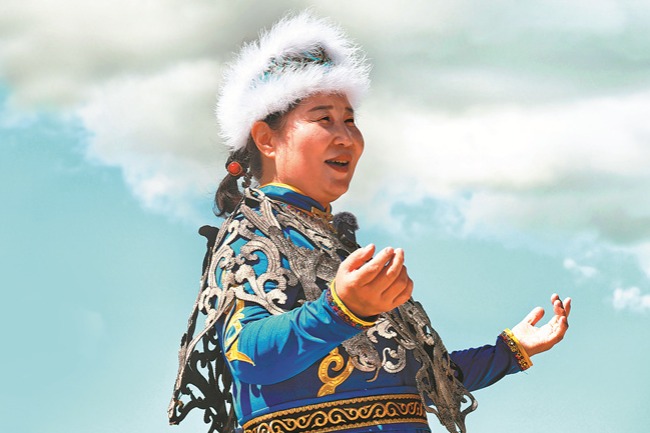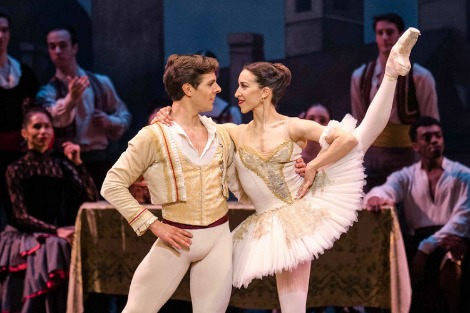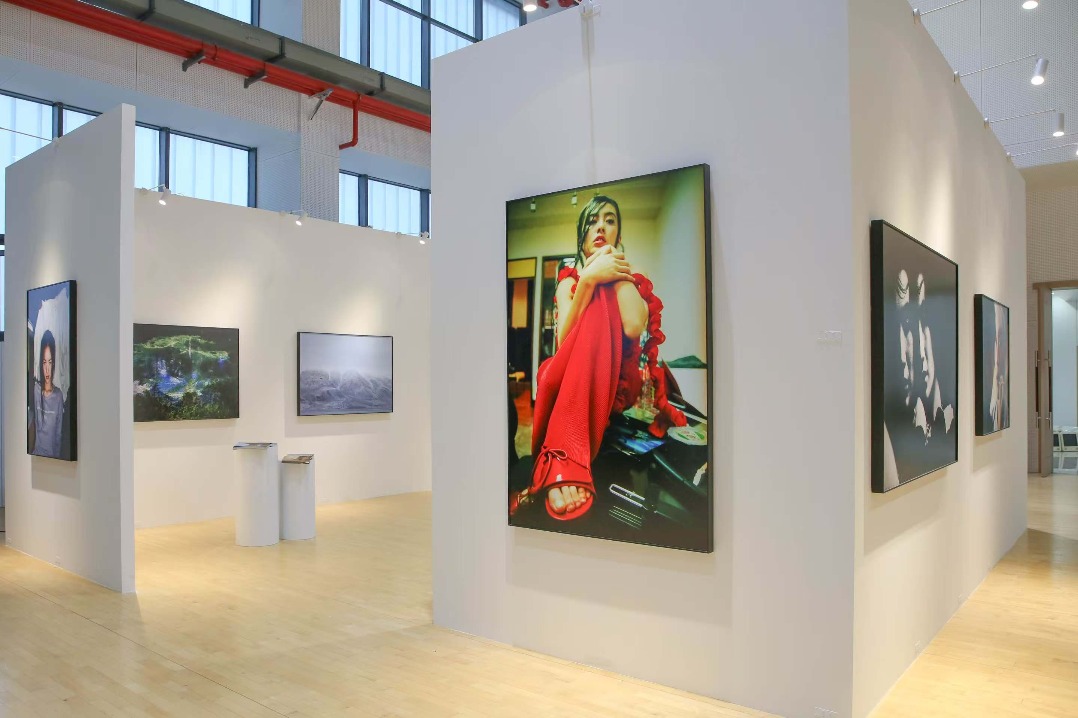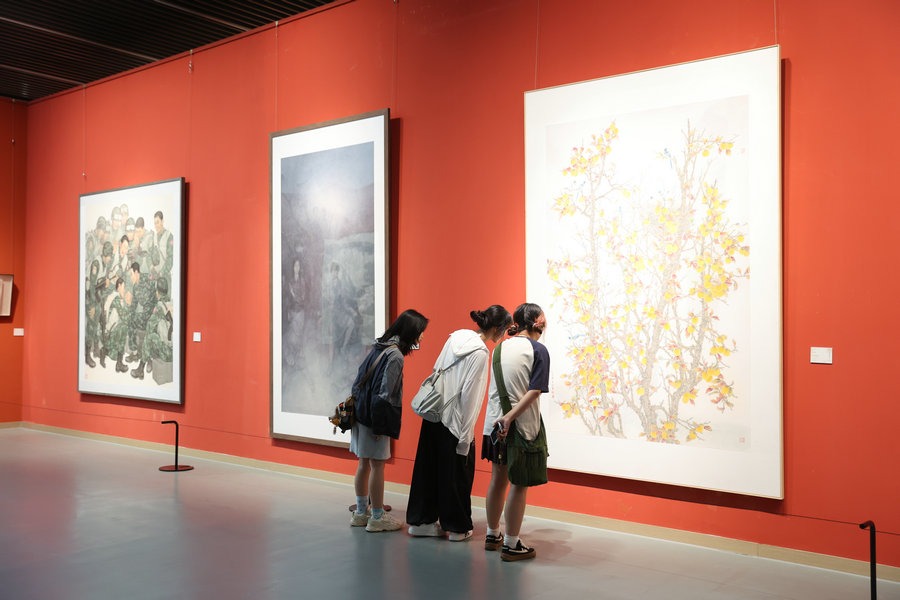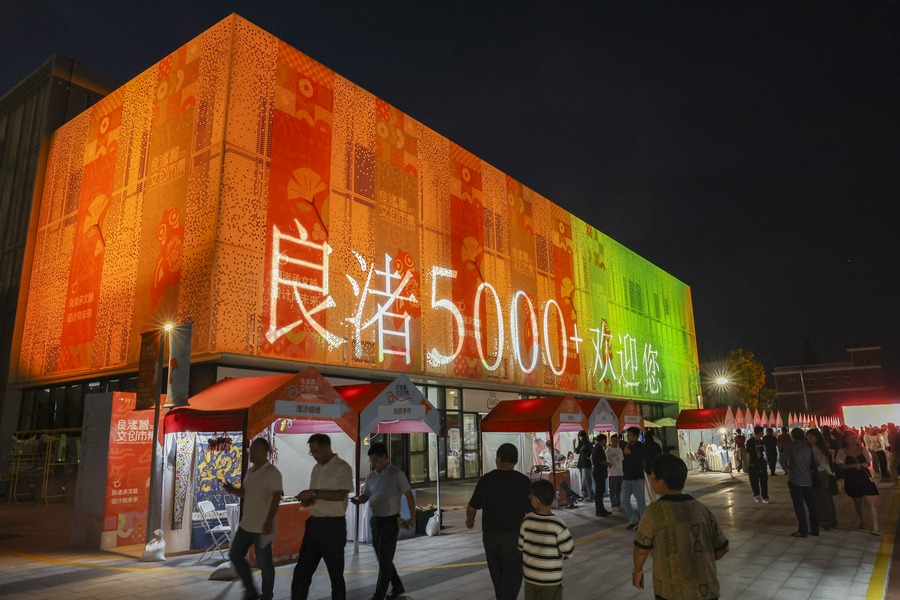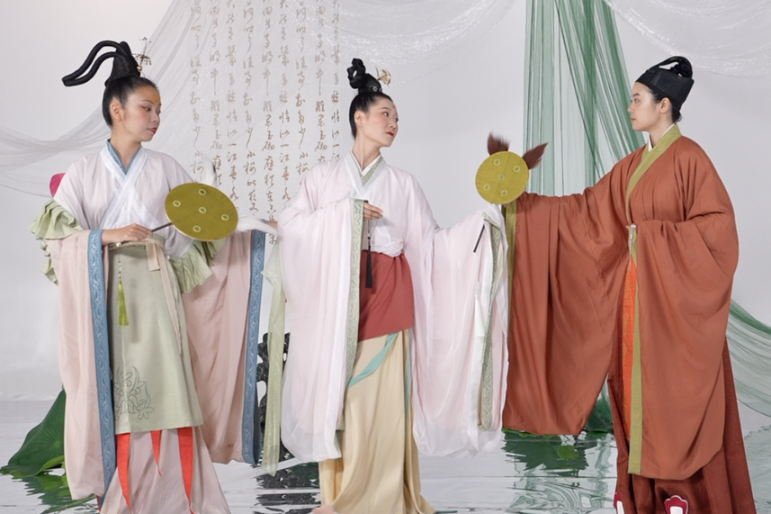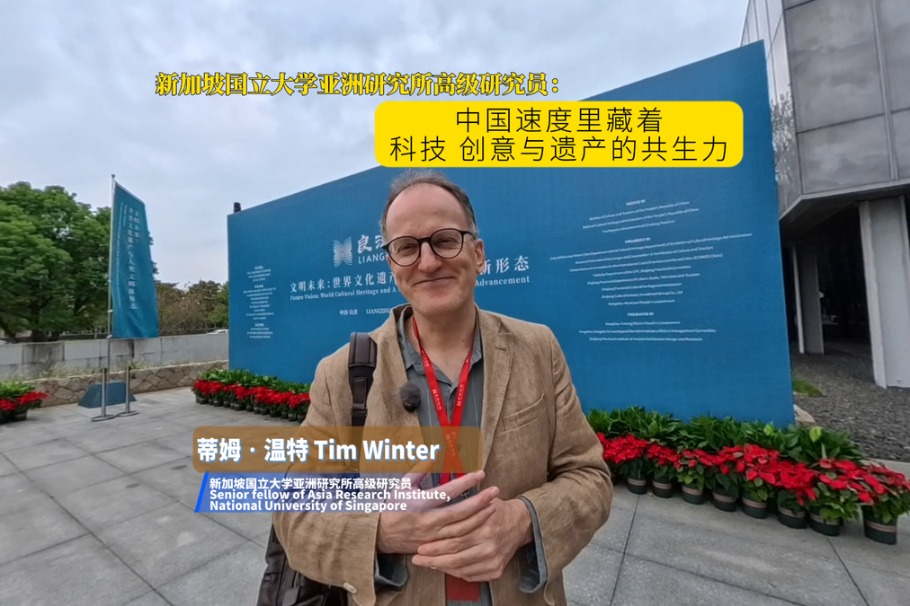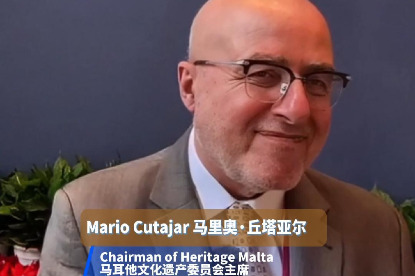Award finalists reflect global voices through translation

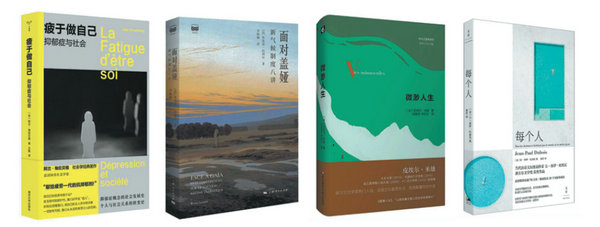
Ten finalists competing in the 17th Fu Lei Translation and Publishing Award were announced at a news conference at the French Culture Center in Beijing on Oct 16, with the winners to be revealed on Nov 22.
Founded in 2009 by the French embassy in China together with French-speaking Chinese intellectuals including Dong Qiang — author, translator, and professor of French literature at Peking University — the award honors outstanding translations of French works into Chinese and promotes their publication and circulation.
It highlights the essential role translators play as cultural mediators who bridge linguistic boundaries and foster exchanges between China and France.
The award is presented in three categories: "Literature", "Essay", and, since 2013, "Young Shoots", which encourages emerging translation talent.
It is noteworthy that an increasing number of young people are joining the ranks of translators. In this year's Fu Lei prize, 47 out of the 61 translators were born in the 1980s, compared to 42 out of 60 the previous year.
Since 2013, China has been a forerunner in buying copyrights of French books, with approximately 1,176 transfer agreements signed in 2024, according to the news conference.
Dong, the chairman of the organizing committee, says that at a time when both reading and translation face significant challenges, the existence of the Fu Lei Translation and Publishing Award is particularly important.
"Translation grounded in humanistic experience can truly bring warmth to books and continue to be a cultural treasure," he says.
In a video message, Cao Danhong, last year's winner in the social sciences category, shared her thoughts on translation in the age of artificial intelligence.
She says: "While AI translation has made rapid progress, it remains at a loss when it comes to literary texts. The field of translation will always require human translators to sustain the development of literary culture."
This year's Fu Lei prize received 54 book submissions, including 32 in the social sciences category and 22 in literature.
The award highlights a diverse range of French works and the vibrant contemporary Chinese translation scene, featuring titles including Empty Wardrobe, by Nobel Prize laureate Annie Ernaux, Correspondence, which includes 2,500 letters from composer Claude Debussy, Pierre Michon's short story collection Small Lives, Jean-Paul Dubois' 2019 Goncourt Prize-winning novel Not Everybody Lives the Same Way, Alain Ehrenberg's historical exploration of depression in The Weariness of the Self and Chloe Delaume's The Synthetic Heart, a novel exploring the quest for love.
Other competing titles include Bruno Latour's Facing Gaia: Eight Lectures on the New Climatic Regime and Maurice Merleau-Ponty's Nature, compiled from his lectures at the College de France. Wang Kun, a translator and the vice-dean of Faculty of French and Francophone Studies at Beijing Foreign Studies University, who chaired this year's jury, says: "Many of the submitted works discuss the relationship between humans and nature, as well as humans and animals. It appears that the intellectual landscapes of China and France are undergoing a period of resonance."
In addition to eight permanent judges, two winners from last year's Fu Lei prize will also join the final jury.
Moreover, this year's Fu Lei prize will see a special guest from France, writer Leila Slimani, who won the Goncourt Prize in 2016 for the novel Sweet Song, in addition to two Chinese guests, Li Xiuwen, professor at Wuhan University's School of Chinese Language and Literature, and Wang Min'an, professor at Tsinghua University's School of Humanities.


